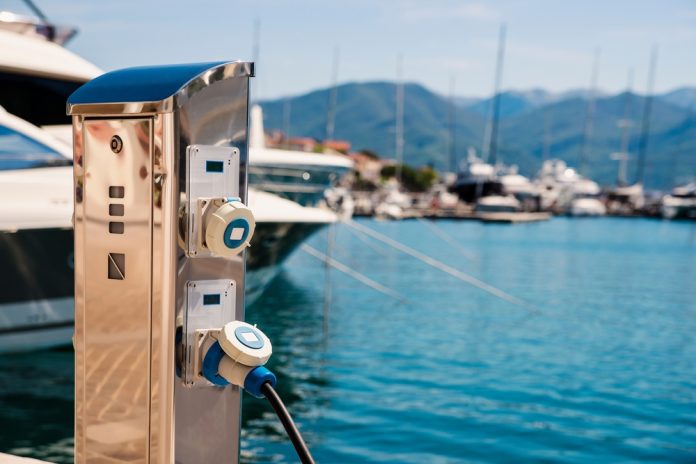More seafarers will have the opportunity to train for the growing number of electric vessels taking to the water under key benchmarks put out for consultation by the Maritime and Coastguard Agency (MCA).
The MCA published draft criteria today for new electric propulsion courses for maritime training providers, including minimum learning requirements for safety and technical skills.
Each course must be submitted to the MCA for approval before being opened to trainees.
The document is the result of close collaboration between the MCA, training providers, businesses, and industry bodies such as the Workboat Association.
Keeping pace with technological advancements
MCA Chief Examiner Ajit Jacob said: “It is vital for maritime skills to keep pace with technological advances, including electric propulsion, which is expanding strongly among small to medium-size vessels such as ferries, workboats and commercial yachts.
“These courses based on the new criteria will form a springboard for highly skilled seafarers to develop their careers and contribute to the UK’s successful maritime industry.”
Structure of the electric propulsion courses
The draft course requirements are divided into two parts. The first, for all crew, would cover general topics such as safety and basic procedures, including fire suppression arrangements.
The second, for the technical crew, would focus on key elements such as battery management and control, maintenance, and repair.
The final version of the criteria for courses that are not mandatory for seafarers will be published once the feedback from the consultation has been analysed.
The four-week consultation launched on 16 September, with emails sent out to stakeholders. The deadline is 14 October.
To find out more, email exams@mcga.gov.uk.








